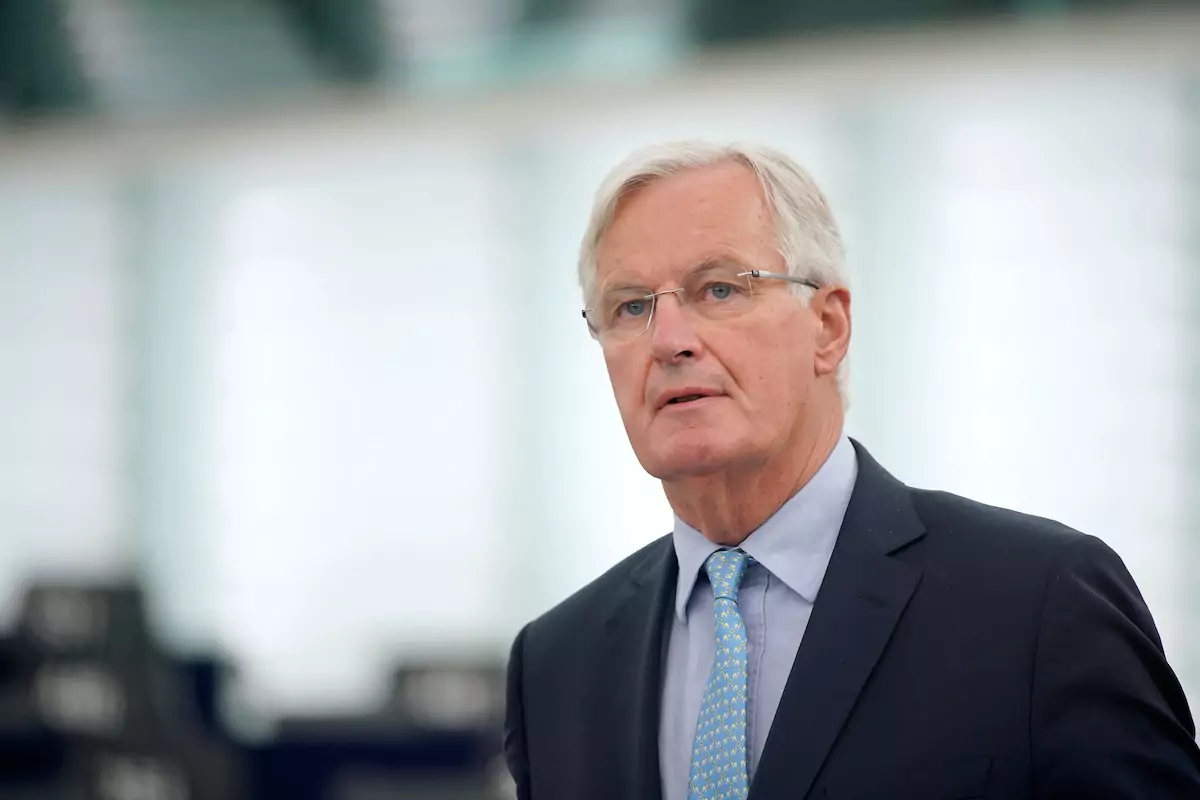French President Emmanuel Macron has chosen 73-year-old Michel Barnier as the new prime minister, ending nearly two months of political gridlock following legislative elections that left Parliament without a clear majority.
Barnier, a prominent figure from the right-wing Les Républicains party and a former European Union Brexit negotiator, assumes office at a time of heightened political tension and division in the country.
At 73, Barnier is now the oldest prime minister in modern French history. His appointment follows the resignation of Gabriel Attal, Macron’s previous prime minister, who served for only eight months. In contrast to Attal’s youthful energy at 35, Barnier’s experience and age bring a seasoned hand to the leadership role, a fact highlighted by the Élysée Palace, which described his mission as forming “a unifying government in the service of the country.”
The appointment has sparked reactions across the political spectrum. The left-wing leader Jean-Luc Mélenchon, head of the La France Insoumise party, was quick to criticize the decision, stating that the “election has been stolen,” and arguing that the party with the largest share of seats in Parliament should have been allowed to propose the prime minister. Socialist leader Olivier Faure echoed these sentiments, warning that the appointment marks the beginning of “a regime crisis,” as Barnier’s party, which placed fourth in the recent elections, did not even participate in the republican front against the far right.
On the right, however, Macron appears to be betting on support from Marine Le Pen’s Rassemblement National (RN), which emerged as the largest opposition group following the July elections. While Le Pen and RN leader Jordan Bardella have refrained from blocking Barnier’s appointment outright, they have signaled they will assess his policies before determining whether to support him. Barnier’s ability to unite a deeply divided Assemblée Nationale will be put to the test as he prepares to present his government’s agenda.
This historic appointment signals a shift in Macron’s strategy as he seeks to maintain control during the remaining years of his presidency, with the shadow of the 2027 election and his potential successors, like Edouard Philippe, already looming large.
Monaco Life is produced by real multi-media journalists writing original content. See more in our free newsletter, follow our Podcasts on Spotify, and check us out on Threads, Facebook, Instagram, LinkedIn and Tik Tok.
Photo of Michel Barnier, credit: CC-BY-4.0 © European Union 2019. Source: EP
